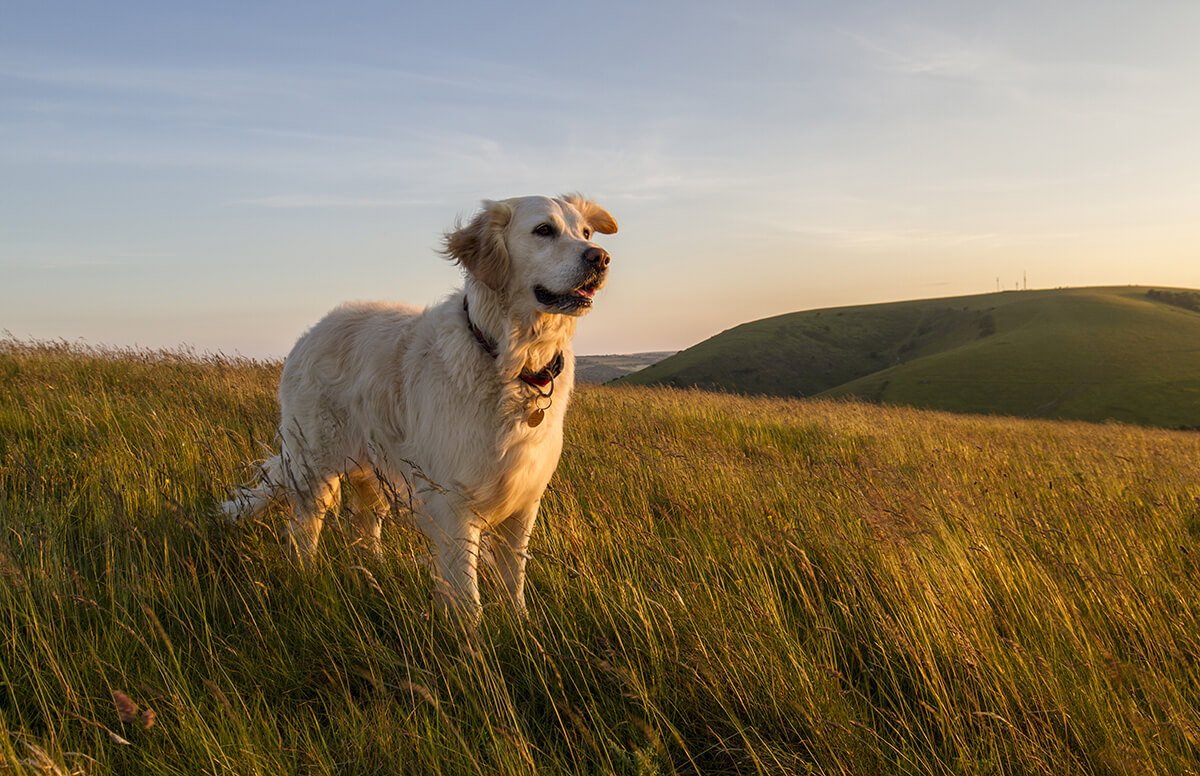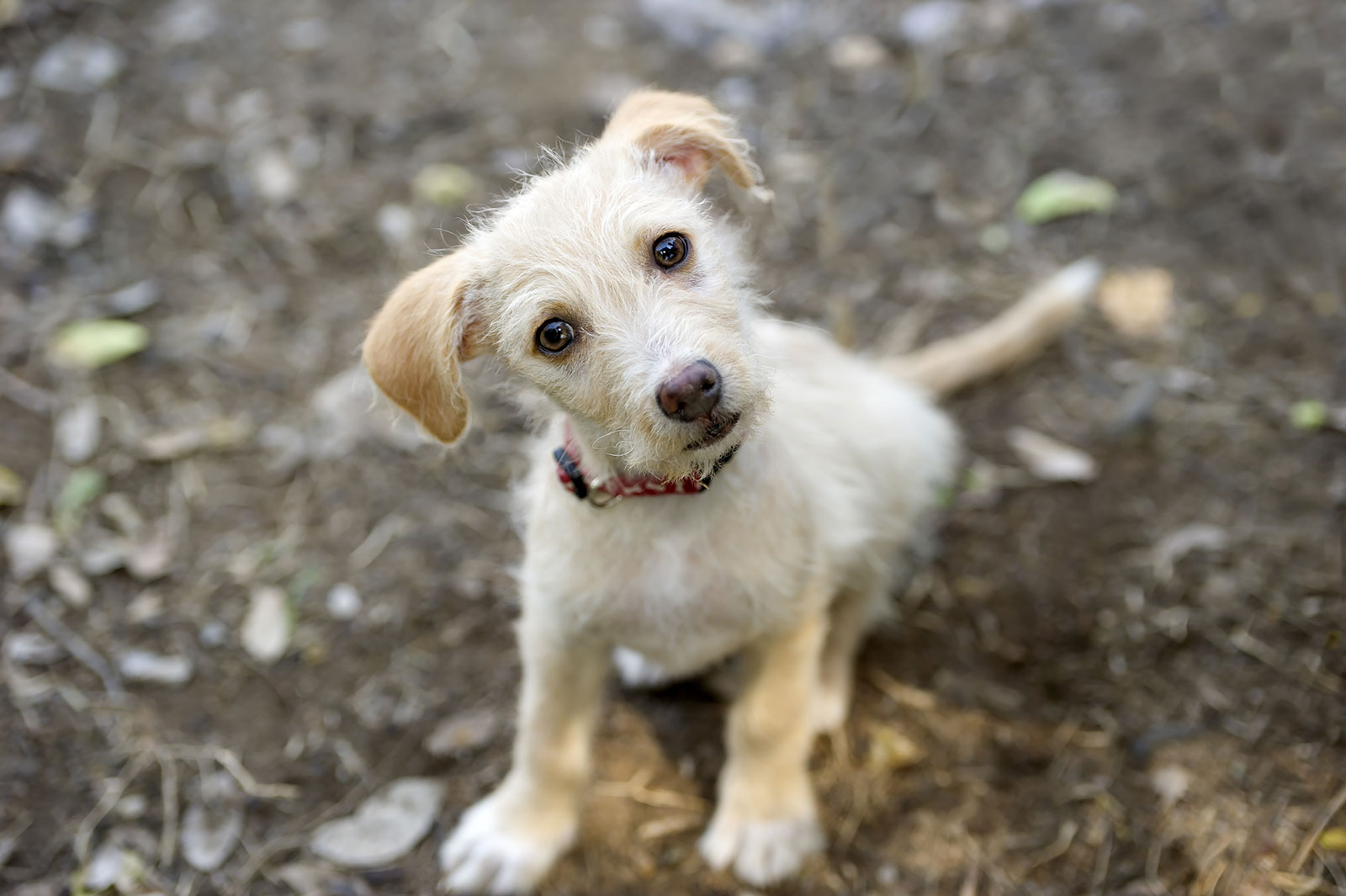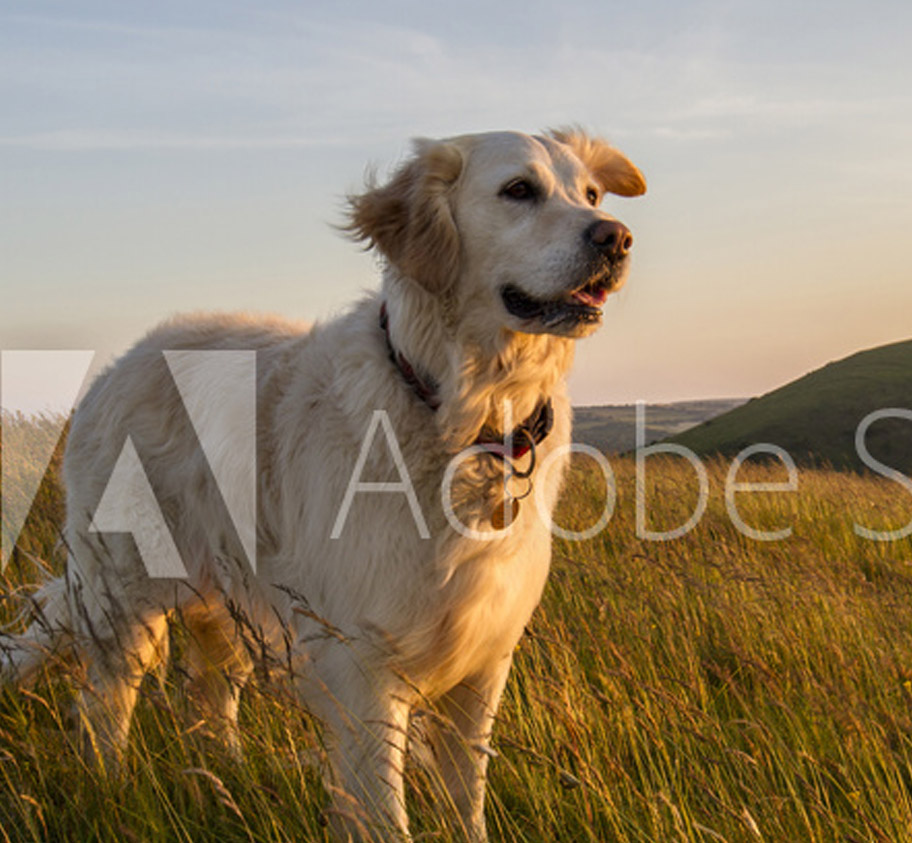
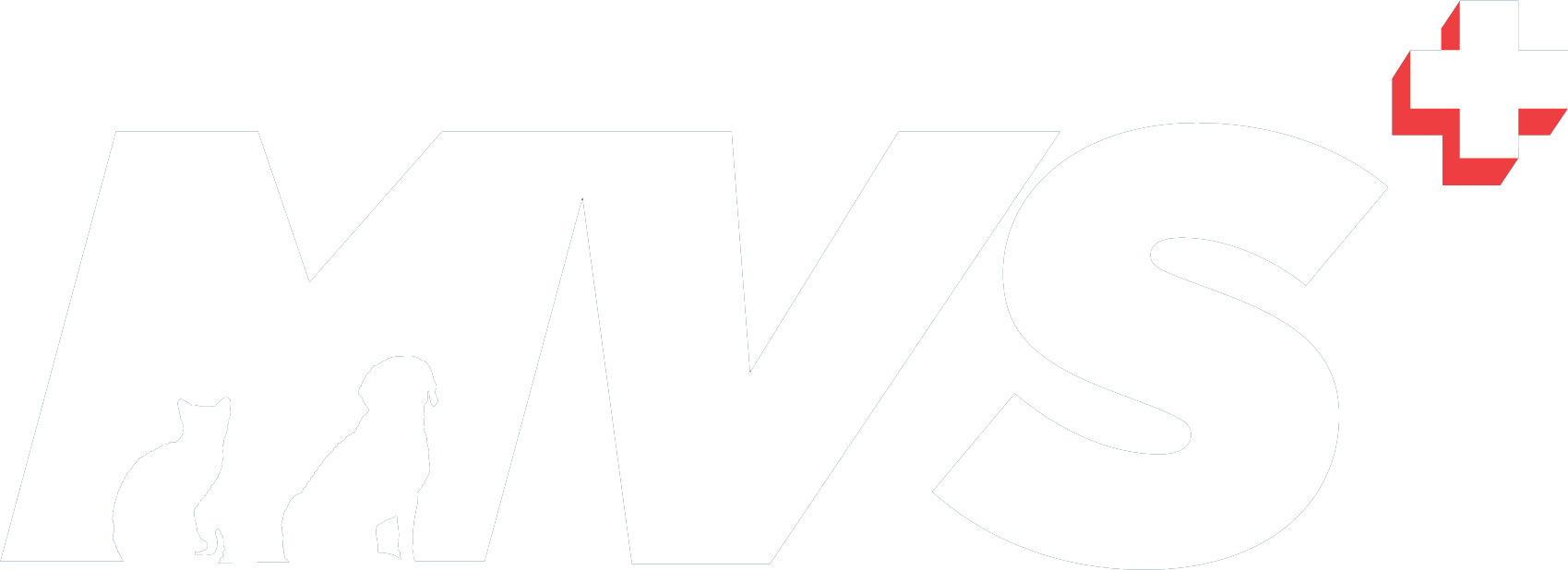 Menu
Menu
Avascular Necrosis of the Femoral Head
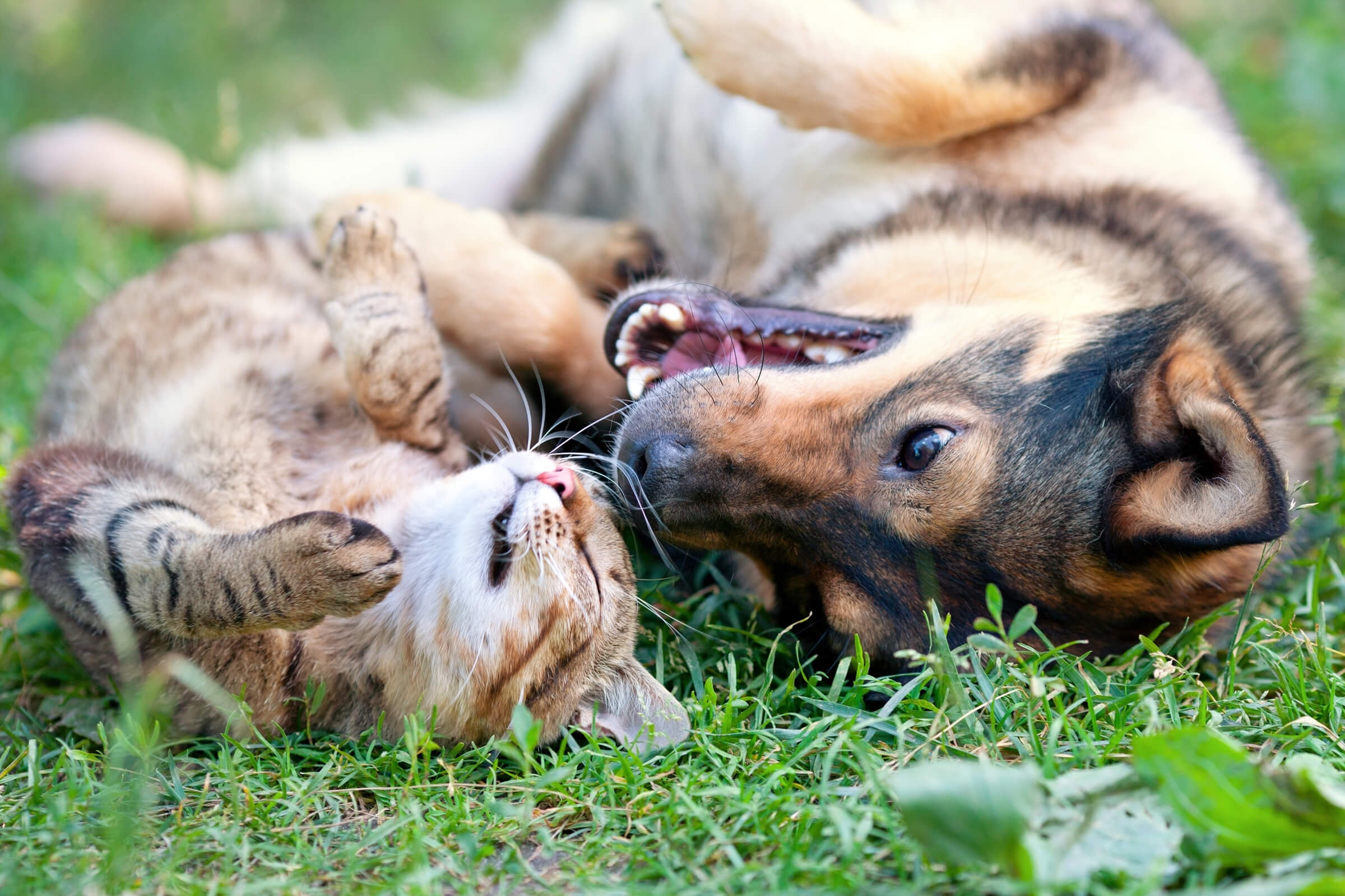
What is Avascular Necrosis of the Femoral Head?
Avascular necrosis of the femoral head (also known as Legg-Calve-Perthes or Perthes Disease) is a condition recognised in young small/toy breed dogs (uncommonly occurs in cats) where the head of the femur (the ball part of the hip joint) losses its blood supply and develops necrosis (the bony tissue dies) and the hip does not function correctly. This condition is hereditary in some breeds.
What are the signs of Avascular Necrosis of the Femoral Head?
Avascular necrosis of the femoral head occurs in growing small breed/toy breeds dogs, commonly terriers. Clinical signs are usually seen from about 9-10 months of age, although it can manifest earlier in some dogs. The patient becomes progressively lame on the affected leg and owners often report the patient reacting painfully or aggressively upon manipulation or use. Avascular necrosis of the femoral head can affect one or both hindlimbs but commonly one is worse than the other in bilateral disease.
Clinical signs of reduced range of motion of the hip joint, pain, decreased muscle mass and apparent limb shortening are common.
How is Avascular Necrosis of the Femoral Head disease diagnosed?
Avascular necrosis of the femoral head is diagnosed based on the patient’s signalment (age, breed, etc), history, and physical examination and a combination of diagnostic imaging (radiography, CT scan, etc.). Radiography is usually diagnostic for these cases.
What are the treatment options?
Conservative care is often unrewarding as these patients tend to remain painful. Conservative care can be trialled but if unsuccessful surgical salvage is required as the bone is often damaged beyond repair.
Surgical salvage procedures
These are techniques where bone is removed from the joint and the limb is saved.
Total hip replacement (THR)
This is a technique where the hip joint is removed and replaced with a metal ball and plastic cup. This is a technically very demanding procedure and should only be performed by experienced and ideally specialist orthopaedic surgeons. Due to recent developments in the implant technology this procedure can now be performed on patients as small as Chihuahuas. The use of this technique for management of this condition is a recent development in veterinary surgery. Our experience with this technique in small patients is very encouraging with many dogs showing excellent limb function post-operatively.
Femoral head and neck excision (FHNE)
This procedure involves removal of the hip joint and a false hip joint is allowed to develop from scar tissue. This procedure can be used where total hip replacement is not a viable option such as for financial reasons or variations in individual anatomy that preclude total hip replacement. Most patients undergoing this procedure will be left with a limp or gait abnormality but pain relief is usually satisfactory to improve the quality of life. Physical therapy (hydrotherapy and physiotherapy) can help maximise limb function for these patients.
Can I breed from my dog afterwards?
As avascular necrosis of the femoral head is hereditary in some breeds, the use for breeding from affected animals is not recommended.
Stay in touch
Follow us on social media and keep up to date with all the latest news from the MVS clinic.
